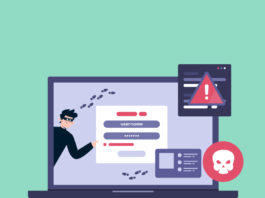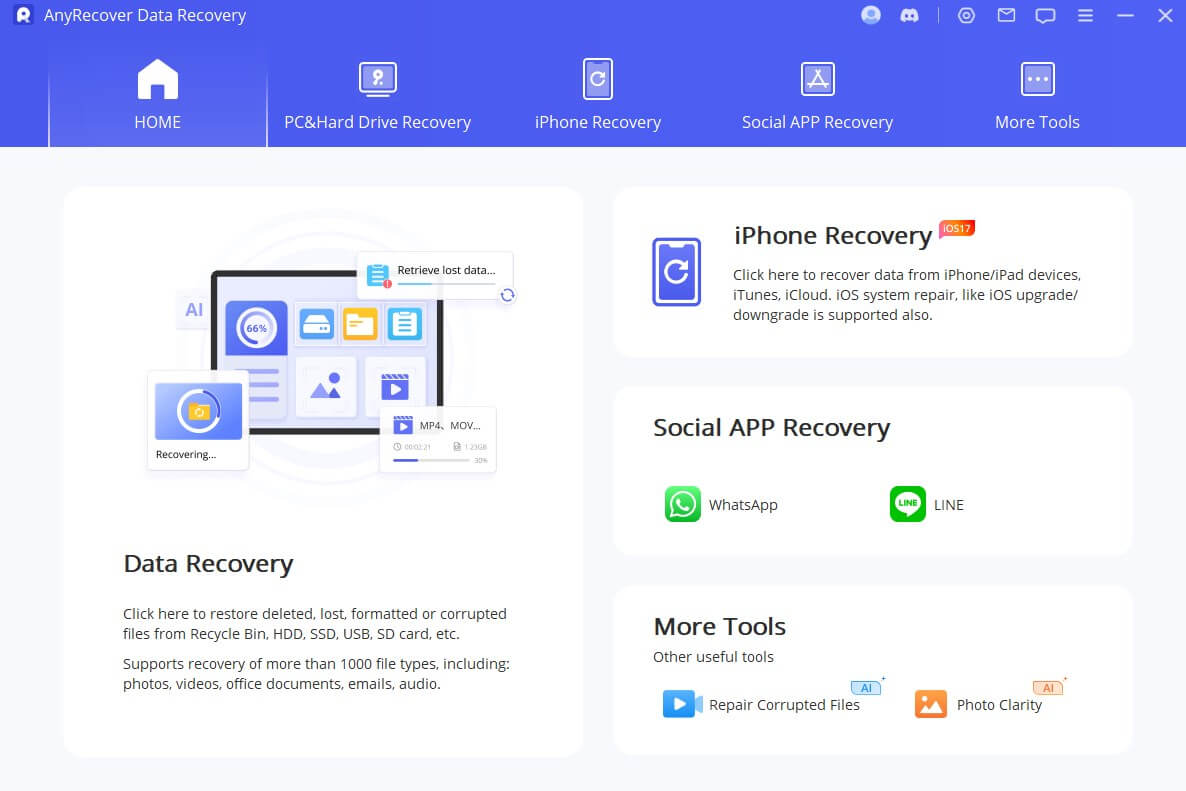Efficient time management is a critical asset in our fast-paced world, enabling us to excel both personally and professionally. It empowers you to allocate time not only for work but also for enjoyable activities like socializing with friends, practising yoga, or reading reviews on the website NZFirst.org.nz . Even though you might already be familiar with the fundamentals of time management, like setting priorities and goals, this article goes deeper to offer you insightful tips and techniques that will improve your time management abilities and help you live a more balanced and productive life.

The Two-Minute Rule
Take on a task right away if it takes less than two minutes to finish. Small tasks, whether they involve answering a quick email, filing a document, or making a quick phone call, should be completed as soon as possible to avoid them piling up and diverting your attention later.
The Rule of Three
Decide which three things need to get done first thing every day. Prioritize finishing these duties before handling less important ones. This keeps you focused and guarantees that important tasks are completed. By adopting this daily prioritization strategy, you can start each day with a clear direction and the assurance that critical tasks receive the attention they deserve.
Prioritize Self-Care
You can increase your energy and clarity of thought by making self-care activities like exercise, meditation, or relaxation techniques a priority. Emotional and physical well-being are prerequisites for efficient time management.
Time Blocking
Split up your day into discrete time slots, each for a particular kind of work or project. Set aside time, for instance, for emails, meetings, and concentrated work. Follow these steps to make sure you’re tackling things at the right times and cutting down on multitasking.
Eat the Frog First
Start your morning with the task that is most important to you or the most difficult. By devoting your full attention and energy to high-priority tasks, you can ensure that you’re “eating the frog” and save the less demanding duties for later.
Utilize Task Batching
Assign similar tasks to one group and complete them all at once. As a result, you can finish related tasks more quickly and with less context switching. For example, set aside a specific amount of time to reply to emails, answer calls, or work on creative projects.
Eliminate or Delegate Low-Value Tasks
Examine your to-do list frequently to find items that can be assigned to others or that don’t really add much value. You may free up your time for more important work by reassigning such responsibilities. By regularly reviewing your tasks and delegating when possible, you can ensure that your decision-making efforts are channelled towards high-impact activities, ultimately boosting your overall productivity.
Create a To-Don’t List
Keep a “to-don’t” list in addition to your “to-do” list. These are the activities or distractions that you deliberately stay away from while at work, like unimportant social media browsing or overindulgent multitasking. Maintaining this list serves as a constant reminder of what to avoid, allowing you to preserve your decision-making energy for tasks that truly matter.
Embrace Technology
Utilize apps and time management tools to expedite your workflow. To effectively plan, organize, and track your tasks and projects, use calendar apps, task management apps, and project management software. These digital aids can streamline your daily routines, ensuring that you make informed decisions, meet deadlines, and optimize your productivity efficiently.
Utilize Keyboard Shortcuts
For the tools and software you use frequently, learn how to use keyboard shortcuts. It can significantly expedite tasks, allowing you to maximize efficiency in your daily activities.
Eliminate Decision Fatigue
Simplify your daily decision-making process by establishing routines for routine choices, such as selecting your daily attire or planning your breakfast. This proactive approach helps reduce decision fatigue, thereby conserving valuable mental energy that can be better directed towards essential tasks and responsibilities.
Limit Information Overload
Establish limits on the amount of media you consume to control the flood of information. Cut back on useless social media or news reading because processing information all the time can make you tired of making decisions. By consciously managing your media intake, you can prevent information overload, reduce decision fatigue, and maintain mental clarity for more meaningful tasks.
Set SMART Goals
Set SMART (specific, measurable, attainable, relevant, and time-bound) objectives for yourself. This clarity ensures that your objectives are well-defined and actionable, helping you stay focused on what truly matters. By breaking down your goals into these specific components, you create a roadmap that not only guides your decision-making but also enhances your overall time management and productivity.
Regularly Review and Adjust
Regularly assess the effectiveness of your time management methods. In order to adapt to changes in your personal and professional circumstances, it’s important to stay flexible and productive by adjusting your strategies as needed.
Practice Saying “No”
Saying “no” to demands and obligations that don’t fit your priorities is a skill. One way to save up decision-making energy is to politely decline invitations or tasks that are not absolutely necessary.
Reflect on Your Day
At the end of each day, set aside some time to think back on your choices and pinpoint any areas that need improvement or simplification. As you reflect, make adjustments to your routines. This dedicated practice of introspection serves as an invaluable instrument for self-awareness and personal development, enabling you to navigate the complexities of life with a heightened sense of purpose and clarity.
Maintain a Relaxing Evening Routine
Create a relaxing bedtime routine to help your mind get ready for a good night’s sleep. Before going to bed, avoid electronics and stimulating activities to reduce decision fatigue during the night. This practice of winding down can include activities like reading a calming book, practising gentle stretches, or indulging in a soothing cup of herbal tea to prepare both your body and mind for restful slumber.
Conclusion
Effective time management isn’t just about doing more; it’s about doing what matters most efficiently. By implementing these practical and targeted time management tips, you can optimize your productivity, reduce stress, and create more time for the activities and goals that truly enrich your life. Remember that mastering time management is an ongoing process, and small changes can lead to significant improvements in your daily productivity and overall well-being.






